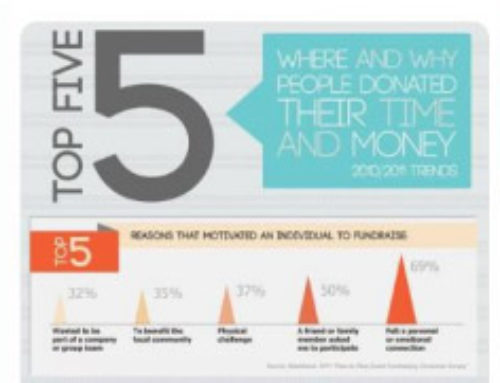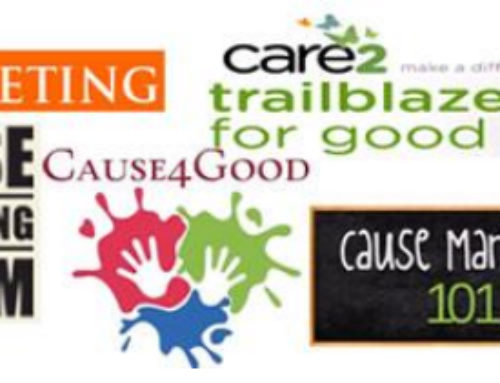While corporate sponsorships are not new, the following case history shows how they can be a very powerful way for non-profits, a paid sponsor and the media to work together for common good.
In the past, public service advertising meant distributing a PSA to a station and, assuming the public service director approved it, the PSA ran on a rotational basis until it was pulled. These would be considered “pure PSAs,” as there is no money involved in the transaction.
Now that corporate sponsorships have entered the picture, it is much more complicated, and there are even different kinds of sponsored campaigns, depending upon whether they were initiated by the station, the sponsor, the network with which the station is affiliated, or by the community partner.
There are several things most of these campaigns have in common, however:
- Resources – usually advertising or production dollars – are made available to the cooperating station, the community partner, or both, to run messages in the public interest.
- The sponsoring organization is linked with a cause or issue they believe in and one that extends their paid marketing strategy in a new environment.
- The non-profit organization obtains placement of its message that is far better than it normally would get via a PSA venue, both in terms of when message airs, and the frequency of exposure.
It is no surprise that broadcasters – particularly general managers – were quick to embrace corporate sponsorships, because they generate revenue for the community affairs department.
In fact, a study on corporate sponsorships indicated that 88 percent of the stations would help non-profits find local sponsors, if they were provided with pre-packaged campaigns that could be customized by stations for their local community.
Larger stations with greater resources will even help non-profits produce many of the elements for a successful corporate sponsorship effort, and the following case study shows how this would work.

The American Cancer Society (ACS) launched a community affairs project called “Aware: A Program to Fight Breast Cancer.” It was jointly sponsored by WHDH-TV in Boston, in partnership with the Massachusetts Division of the ACS, CVS Pharmacies, and Mobile Diagnostics, a mobile mammography unit.
To get the program started, WHDH-TV was contacted by ACS, which sought to generate publicity and funds for the mobile diagnostics unit so it could continue operating.
ACS and WHDH-TV then jointly approached CVS’s advertising agency to be an on-air corporate sponsor, because CVS was cultivating an image as “your neighborhood pharmacy.” With all the partners agreeing to participate, the station created a package of on-air components including:
- Two prime time specials on breast cancer
- A multipart news series
- Segments on the station’s regularly scheduled pubic affairs programs
- Station promotional spots
- The PSAs credited CVS as a sponsor of the program, and were followed by a regular 30-second paid product ad for CVS
- Two informational brochures on breast cancer were developed and distributed at CVS pharmacies throughout the state
- PSAs that were broadcast four times per day with tips on early detection
- Community forums breast cancer were held, the station’s on-air personalities hosted a variety of ACS events such as walk-a-thons
- A Mobile Diagnostics van which gave free breast cancer screenings as it traveled through various communities.
Conceptually, all parties who join this type of corporate sponsorship program benefit, and unquestionably we will see more of these creative partnerships.







Leave A Comment